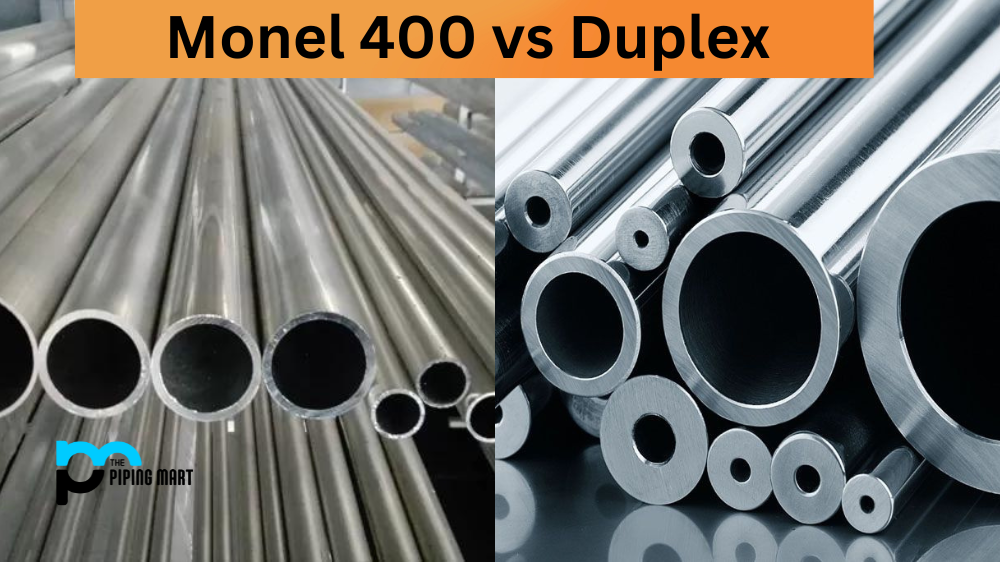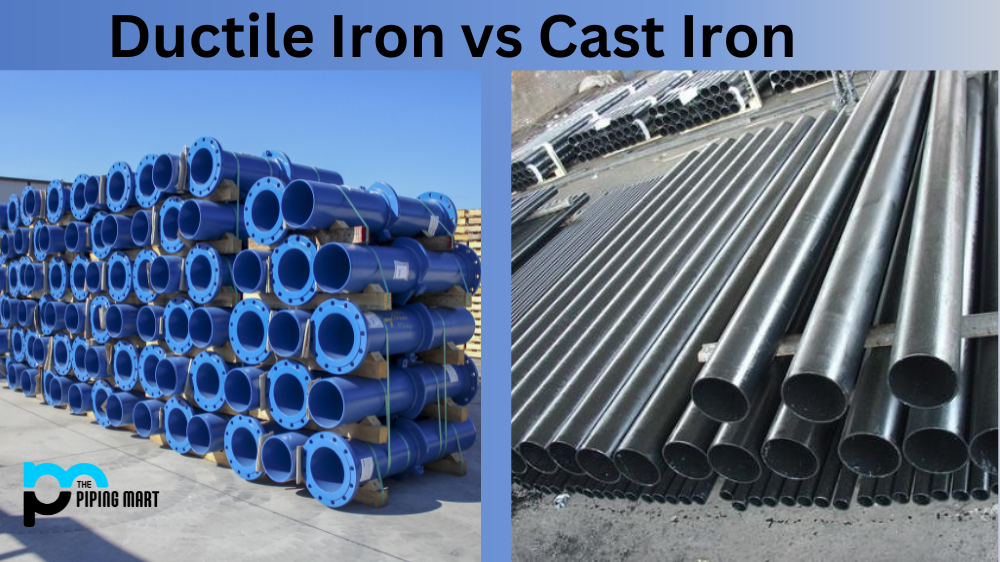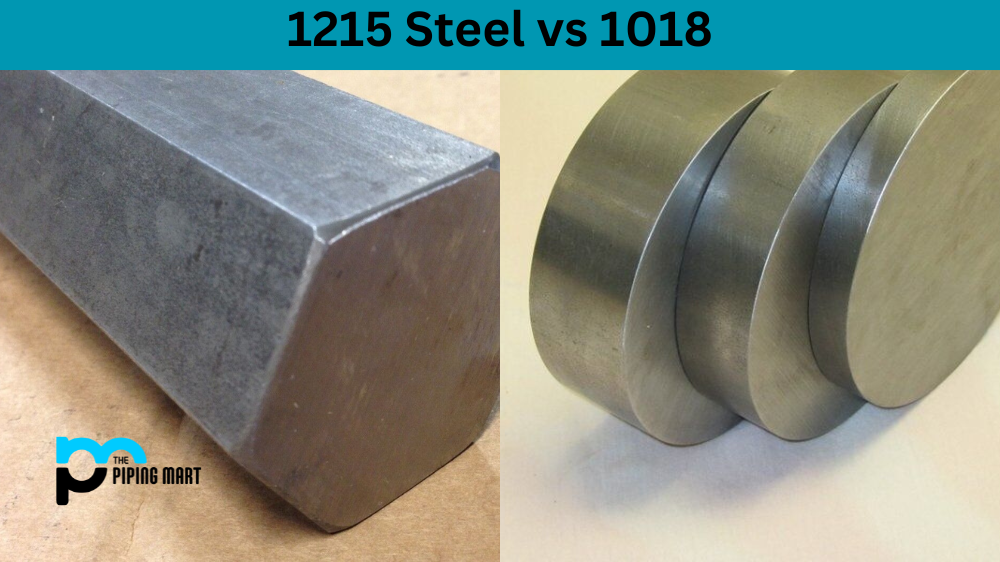Choosing the right material for your project is crucial to its success. You don’t want your investment to fail because the material wasn’t suitable for the job. Two popular materials that are often compared are Monel 400 and Duplex. In this blog post, we’ll compare Monel 400 and Duplex in-depth to help you decide which is best for your project.
What is Monel 400?
Monel 400 is a nickel-copper alloy that offers excellent resistance to corrosion, acid, and alkaline mediums. It has a high strength, making it ideal for harsh environments.
What is Duplex?
Duplex is a mixture of austenitic and ferritic stainless steel that offers high strength and excellent performance in corrosive environments.
Difference Between Monel 400 and Duplex
When comparing Monel 400 and Duplex, it is important to consider their properties and applications. Monel 400 is typically used in marine environments due to its high corrosion resistance, while Duplex is often used in chemical processing due to its high strength.
Properties of Monel 400
Some of the key properties of Monel 400 include high strength, good weldability, good corrosion resistance, and good heat resistance.
Properties of Duplex
Some of the key properties of Duplex include high strength, good weldability, good corrosion resistance, and good heat resistance.
Applications of Monel 400
Some common applications of Monel 400 include marine environments, chemical processing, food processing, and power generation.
Applications of Duplex
Some common applications of Duplex include chemical processing, oil and gas production, paper industry, and desalination plants.
Advantages
One of the Monel 400’s most significant advantages is its corrosion resistance. It is resistant to pitting, crevice corrosion, stress corrosion cracking, and chloride-ion stress-corrosion cracking. It is an excellent choice for marine applications, as it is highly resistant to saltwater corrosion. On the other hand, Duplex offers superior corrosion resistance and is often used in oil and gas, petrochemical, and chemical industries.
Cost
Another significant factor to consider is the cost. Monel 400 is generally more expensive than Duplex. Therefore, if cost is a major concern for your project, consider Duplex. However, despite its high cost, Monel 400 offers excellent value for money, especially compared to other high-performance materials.
Machinability
Regarding machinability, it is easier to machine Duplex than Monel 400. Due to the high strength of the Monel 400, it requires more machining power to cut or drill. Therefore, if your project involves a lot of machining, Duplex might be your best choice. Duplex also has excellent weldability, making it easy to weld.
Thermal Stability
Monel 400 offers excellent thermal stability, making it ideal for high-temperature applications. It can withstand temperatures up to 1000°F, while Duplex has lower thermal stability.
Conclusion
In conclusion, Monel 400 and Duplex are excellent materials for harsh environments. However, the choice of material depends on several factors, such as the nature of the project, the environment, and the budget. Monel 400 offers superior corrosion resistance and thermal stability, making it ideal for marine and high-temperature applications, despite its higher cost and lower machinability. Duplex, on the other hand, offers excellent corrosion resistance and weldability and is easier to machine, making it an excellent choice for applications in petrochemical, chemical, and oil and gas industries. Thus, understanding the key features of both Monel 400 and Duplex is essential in making the right decision for your project.
Sakshee is a talented blogger, with a particular focus on the Business and Metal Industry. She is passionate about sharing her insights on various metal products and helping professionals to make a better decisions.




